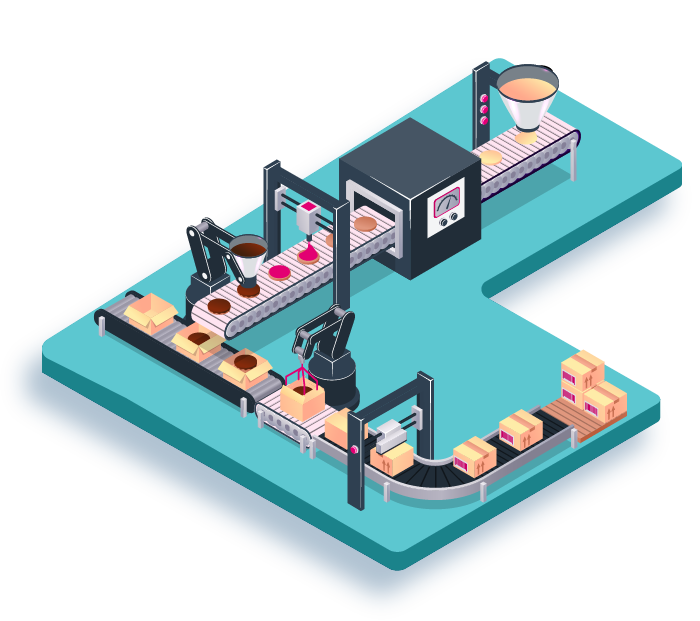The 5 biggest food fraud cases ever pulled off
We like to think we know exactly what's on the plate in front of us. However, news of food fraud cases can result in some unpleasant surprises.
Food safety and quality professionals across the globe dedicate their work to ensuring that the food customers are consuming is consistent in quality. Every so often, if a supply chain is overly long, complex or passes through a regulatory blind spot, something can slip through the net.
Economically motivated adulteration and food fraud is the biggest threat to food safety on the planet. It costs the food industry £11 billion a year in the UK alone. We take a look at the 5 biggest food fraud cases ever pulled off.
1. Spanish 'olive' oil, 1981
Aniline is a chemical compound often used to make dyes, plastics and other industrial materials. Pure aniline is highly poisonous. In the spring of 1981, a batch of industrial rapeseed oil was illegally contaminated with aniline. It was then sold as 'olive oil' to street traders across Spain.
Over 1000 people died from síndrome del aceite tóxico or 'Toxic Oil Syndrome', a violent allergic reaction. The incident became the deadliest foodborne illness disaster in modern history. The scariest part? Despite extensive tests, the precise biological trigger has never been identified.
2. Chinese milk, 2008
Melamine is a substance that’s high in protein. So, if you're watering down milk to save money, like a string of Chinese companies in 2008 were, adding melamine will allow your fraudulent product to pass protein tests.
The problem is that melamine dramatically increases the likelihood of kidney problems, including stones. The exposure of the scheme and resulting scandal implicated companies like Nestle, and by the end of 2008 over 300,000 people had become ill, with over 50,000 children hospitalised. The culprits were arrested and sentenced harshly, with 2 executed.

Compliance Management Systems for Food Safety
Read our whitepaper and discover how to implement compliance management systems for food safety in this high-competition, low-margin marketplace.
Download now3. American pet food, 2007
Melamine hit the papers even before the Chinese scandal. The year before, thousands of pets in the US died after consuming pet food produced with melamine-tainted wheat gluten. Humans were affected, too- about 3 million chickens that had eaten melamine wheat were then eaten by people.
With animal food generally regulated less stringently than products intended for human consumption, the pet food scandal was a reminder that our four-legged friends are exposed to the dangers of food fraud even more than we are.
4. Irish 'beef', 2013
The horsemeat scandal erupted in 2013 after beefburgers in Ireland and the UK tested positive for equine DNA, bringing a new meaning to the phrase 'horses for courses'. Pork was also discovered in a range of beef products. Tesco's market value slumped by €360 million and sales of frozen burgers dropped by 43% as a result.
5. American peanuts, 2009
Stewart Parnell, former CEO of the now-dissolved Peanut Corporation of America, will be 86 years old when is released from prison in 2040. His sentencing marked the first federal food safety felony conviction in US history, after he knowingly shipped salmonella-contaminated peanut butter across 46 states.
7 people died and hundreds fell seriously ill after Mr Parnell opted to dodge the expensive fix needed to eliminate the contamination and shipped the product anyway.
While most food manufacturers are responsible organisations who stringently follow regulations to ensure the safety and quality of their products, these food fraud cases are a reminder that one person trying to cut corners can have catastrophic results. While the above are extreme examples, occasionally mistakes can happen.
That’s why having a robust food safety management system is so important, to ensure that potential mistakes are caught early, or do not happen in the first place.

Discover our food and drink quality solutions
Streamline your quality management processes and simplify compliance with essential industry standards.
Request a demoTags:
